Urgent
UAE participates in Second Arab–India Energy Dialogue
 T-Sukuk, T-Bonds attract AED5.15 billion in bids: Ministry of Finance
T-Sukuk, T-Bonds attract AED5.15 billion in bids: Ministry of Finance
 China's international trade in goods, services hit $758 billion in December
China's international trade in goods, services hit $758 billion in December
 UAE Integrative Medicine Council convenes inaugural meeting
UAE Integrative Medicine Council convenes inaugural meeting
 Kuwait named Guest of Honour at DIHAD 2026
Kuwait named Guest of Honour at DIHAD 2026
 UAE expresses solidarity with Greece, conveys condolences over victims of factory fire
UAE expresses solidarity with Greece, conveys condolences over victims of factory fire
 China's Xinjiang sees steady growth in 2021-25
China's Xinjiang sees steady growth in 2021-25
 Dubai International Chamber attracts 64 multinational companies to Dubai in 2025
Dubai International Chamber attracts 64 multinational companies to Dubai in 2025

 T-Sukuk, T-Bonds attract AED5.15 billion in bids: Ministry of Finance
T-Sukuk, T-Bonds attract AED5.15 billion in bids: Ministry of Finance
 China's international trade in goods, services hit $758 billion in December
China's international trade in goods, services hit $758 billion in December
 UAE Integrative Medicine Council convenes inaugural meeting
UAE Integrative Medicine Council convenes inaugural meeting
 Kuwait named Guest of Honour at DIHAD 2026
Kuwait named Guest of Honour at DIHAD 2026
 UAE expresses solidarity with Greece, conveys condolences over victims of factory fire
UAE expresses solidarity with Greece, conveys condolences over victims of factory fire
 China's Xinjiang sees steady growth in 2021-25
China's Xinjiang sees steady growth in 2021-25
 Dubai International Chamber attracts 64 multinational companies to Dubai in 2025
Dubai International Chamber attracts 64 multinational companies to Dubai in 2025



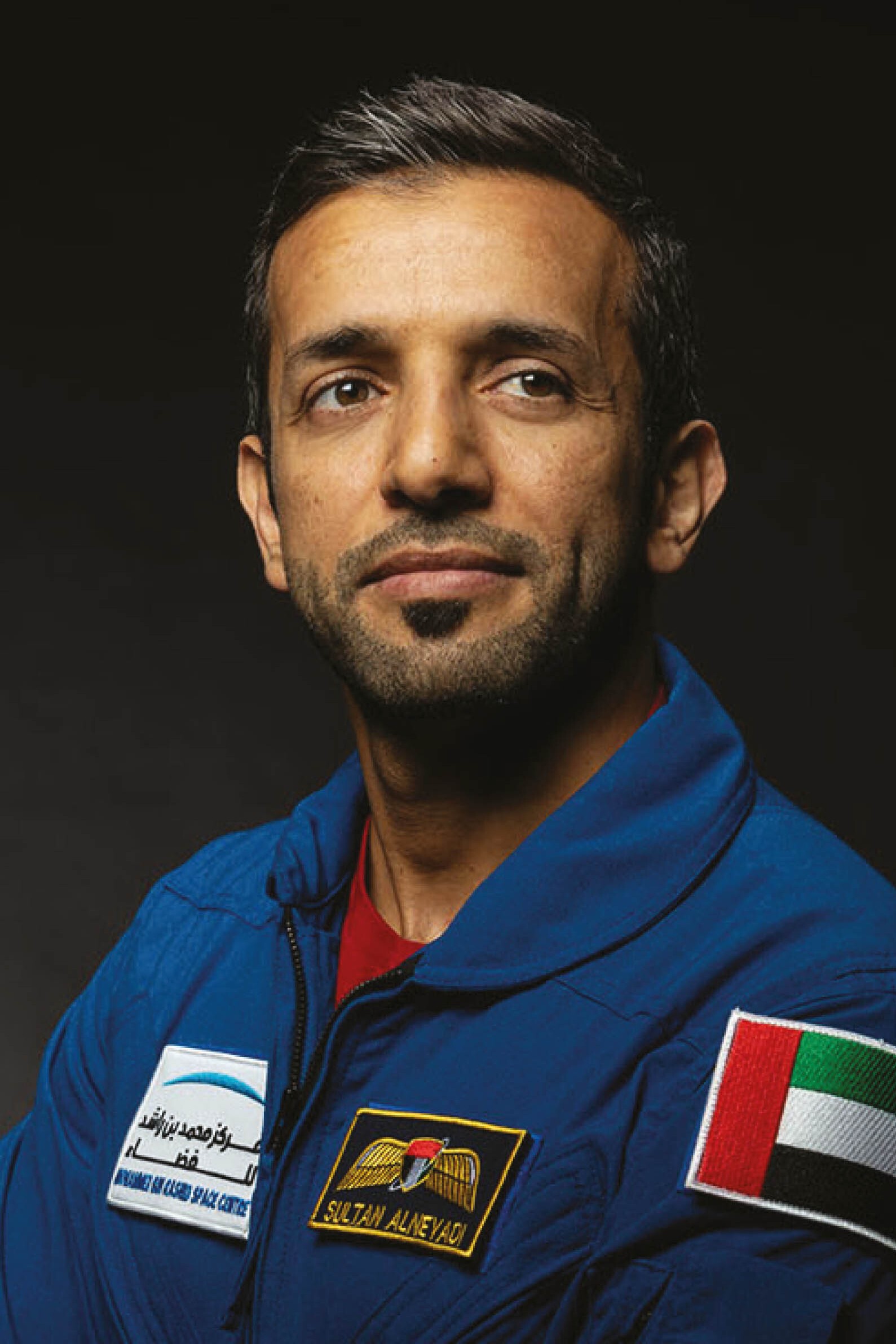
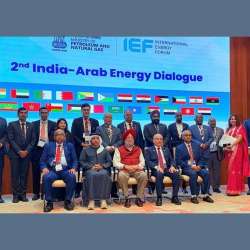



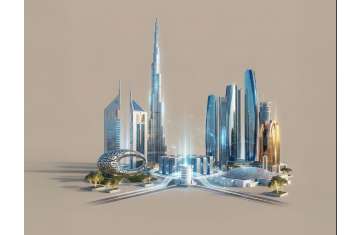
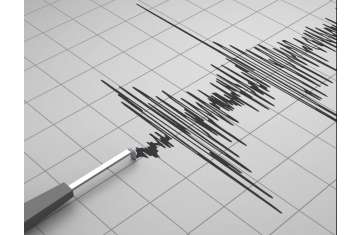
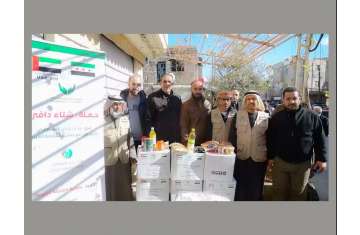
Comments